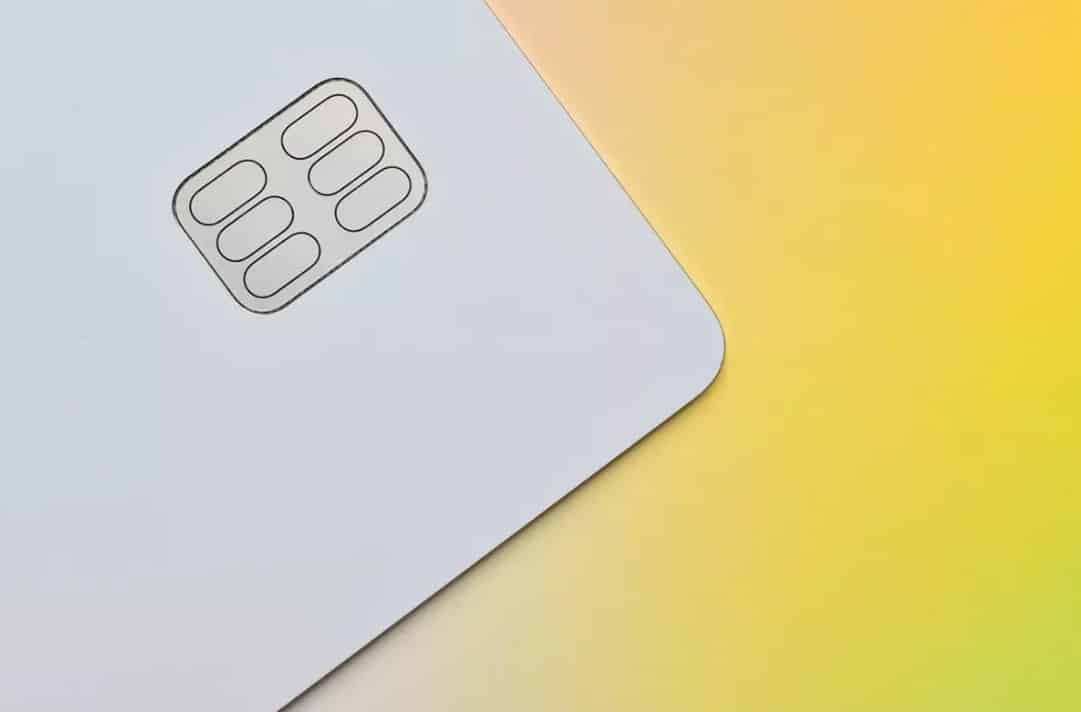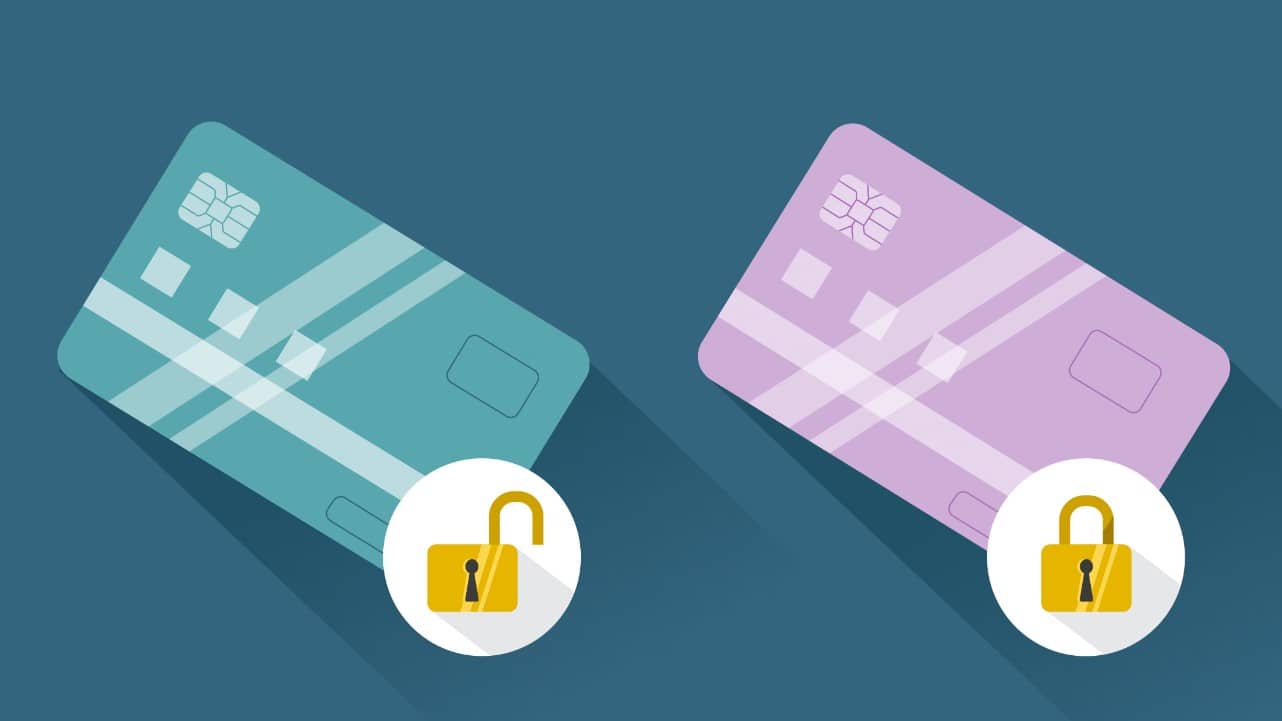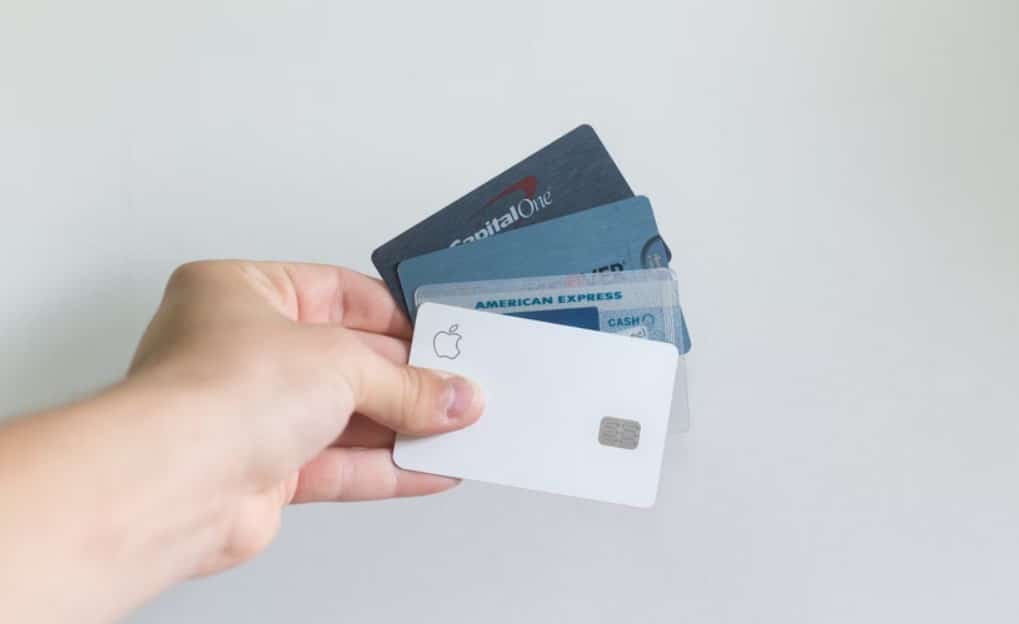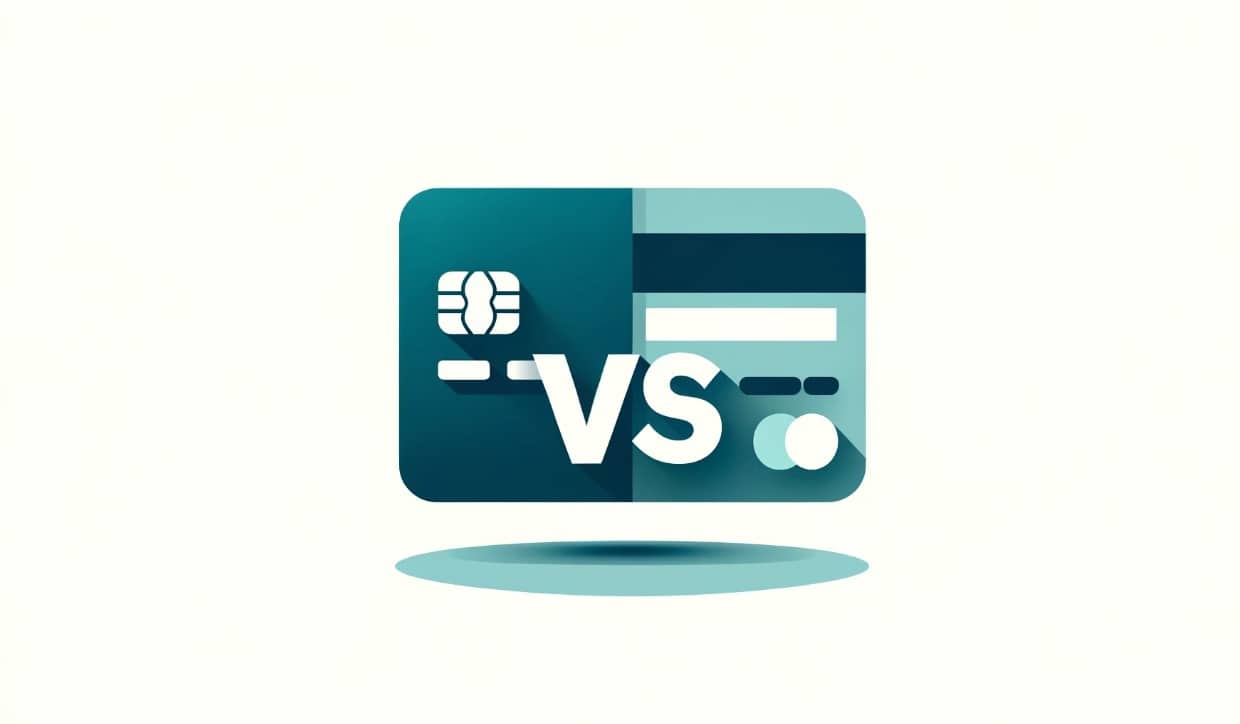Choosing the right credit card can be a crucial decision in managing your finances effectively. Whether you’re building credit or seeking more flexible spending options, understanding the pros and cons of secured and unsecured credit cards is essential. Let’s dive into the differences and help you make an informed choice.
What is a Secured Credit Card?

A secured credit card requires a security deposit that serves as collateral for your credit limit. This type of card is typically used by individuals looking to build or rebuild their credit. The deposit reduces the risk for the lender, making it easier to get approved.
Pros of Secured Credit Cards
- Build Credit: Ideal for those with no or poor credit history.
- Lower Risk: The security deposit reduces the lender’s risk.
- Approval Odds: Higher chances of approval compared to unsecured cards.
Cons of Secured Credit Cards
- Security Deposit: Requires an upfront deposit, usually equal to your credit limit.
- Fees: May have annual fees or other charges.
- Limited Rewards: Typically offer fewer rewards compared to unsecured cards.
What is an Unsecured Credit Card?

An unsecured credit card does not require a security deposit. Approval is based on your creditworthiness, income, and other financial factors. These cards often come with various rewards, higher credit limits, and more benefits.
Pros of Unsecured Credit Cards
- No Deposit: No need for an upfront security deposit.
- Rewards: Many cards offer cashback, points, or travel rewards.
- Higher Limits: Generally offer higher credit limits than secured cards.
Cons of Unsecured Credit Cards
- Approval Criteria: Harder to get approved if you have poor or no credit history.
- Interest Rates: Often come with higher interest rates if not managed well.
- Fees: Can include annual fees, late payment fees, and others.
Informational: Detailed Comparison of Secured vs. Unsecured Credit Cards

Secured and unsecured credit cards are two common types of credit cards that differ in how they are issued and how they work. Understanding the key differences between these two types of cards can help you decide which one is right for you.
Secured Credit Cards
A secured credit card is a type of credit card that requires a security deposit in order to be issued. The amount of the security deposit is typically equal to the credit limit of the card. For example, if you make a security deposit of $200, your credit limit will be $200. This security deposit serves as collateral for the issuer, meaning that they can claim the deposit if you default on your payments.
Unsecured Credit Cards
An unsecured credit card is a type of credit card that does not require a security deposit. Instead, issuers of unsecured credit cards base their approval decision on your creditworthiness, which is a measure of your credit history and ability to repay debt. If you have a good credit score, you are more likely to be approved for an unsecured credit card with a high credit limit and low interest rate.
Which Type of Credit Card is Right for You?
The best type of credit card for you will depend on your individual circumstances. If you have a poor credit history or no credit history at all, a secured credit card can be a good option to help you build your credit. Once you have established a good credit history, you can then apply for an unsecured credit card with better terms and rewards. Here are some additional things to consider when choosing between a secured and unsecured credit card.
- Your credit score: If you have a good credit score, you will likely qualify for an unsecured credit card with better terms.
- Your spending habits: If you are disciplined with your spending and always pay your bills on time, you may not need the safety net of a secured credit card.
- Your financial goals: If you are looking to earn rewards on your spending, an unsecured credit card with a rewards program may be a good option.
No matter which type of credit card you choose, it is important to use it responsibly. Always pay your bills on time and in full, and keep your credit utilization ratio low. By using your credit card responsibly, you can improve your credit score and qualify for better financial products in the future.
Additional Tips for Using a Secured Credit Card
- Make on-time payments: This is the most important factor in building your credit score.
- Keep your credit utilization ratio low: Aim to keep your credit utilization ratio below 30%.
- Use your card for everyday purchases: This will help you build a positive payment history.
- Become an authorized user on someone else’s credit card: This can help you build credit if you have no credit history.
- Check your credit report regularly: This will help you identify and correct any errors.
Real-World Example Products
Here are some top secured and unsecured credit cards to consider:
1. Discover it® Secured Credit Card
Discover it® Secured Credit Card
- Pros: No annual fee, rewards program, credit score monitoring.
- Cons: Requires security deposit.
- Price: No annual fee.
- Features: 2% cashback at gas stations and restaurants, 1% on other purchases.
- Benefit: Earn rewards while building credit. The cashback program and no annual fee make it an attractive option for those looking to improve their credit score.
2. Capital One Platinum Secured Credit Card
Capital One Platinum Secured Credit Card
- Pros: Low minimum deposit, access to higher credit line with responsible use.
- Cons: No rewards program.
- Price: No annual fee.
- Features: Minimum deposit as low as $49, $99, or $200.
- Benefit: With a low minimum deposit and the potential to access a higher credit line, this card is great for those starting to build credit.
3. Citi® Secured Mastercard®
Citi® Secured Mastercard®
- Pros: Helps build credit with responsible use, no annual fee.
- Cons: No rewards program.
- Price: No annual fee.
- Features: Reports to all three major credit bureaus.
- Benefit: Ideal for those who want a straightforward card to build credit without an annual fee.
4. Chase Freedom Unlimited®
Chase Freedom Unlimited®
- Pros: Generous cashback rewards, no annual fee.
- Cons: Requires good to excellent credit.
- Price: No annual fee.
- Features: 1.5% cashback on all purchases, additional cashback in specific categories.
- Benefit: Offers generous cashback rewards and no annual fee, making it a great choice for everyday spending.
5. American Express® Gold Card
American Express® Gold Card
- Pros: High rewards rate, extensive benefits.
- Cons: High annual fee.
- Price: $250 annual fee.
- Features: 4x points at restaurants, 3x points on flights booked directly with airlines.
- Benefit: High rewards rate and extensive benefits, ideal for frequent travelers and diners.
Comparison Table
| Product | Type | Pros | Cons | Price | Features |
|---|---|---|---|---|---|
| Discover it® Secured Credit Card | Secured | No annual fee, rewards program, credit score monitoring | Requires security deposit | No annual fee | 2% cashback at gas stations and restaurants, 1% on other purchases |
| Capital One Platinum Secured Card | Secured | Low minimum deposit, access to higher credit line | No rewards program | No annual fee | Minimum deposit as low as $49, $99, or $200 |
| Citi® Secured Mastercard® | Secured | Helps build credit, no annual fee | No rewards program | No annual fee | Reports to all three major credit bureaus |
| Chase Freedom Unlimited® | Unsecured | Generous cashback rewards, no annual fee | Requires good to excellent credit | No annual fee | 1.5% cashback on all purchases, additional cashback in specific categories |
| American Express® Gold Card | Unsecured | High rewards rate, extensive benefits | High annual fee | $250 annual fee | 4x points at restaurants, 3x points on flights booked directly with airlines |
How to Buy and Where to Buy
To purchase these credit cards, visit the provider’s website and follow their application process. Here are direct links to get started:
- Discover it® Secured Credit Card
- Capital One Platinum Secured Credit Card
- Citi® Secured Mastercard®
- Chase Freedom Unlimited®
- American Express® Gold Card
Use Cases and Problem Solving
Understanding the use cases for secured and unsecured credit cards can help you decide which one fits your financial needs:
Use Cases
Secured credit cards can be used for a variety of purposes, including:
- Building credit: If you have limited or no credit history, a secured credit card can help you build your credit score. By using your card responsibly and making your payments on time, you can show lenders that you are a creditworthy borrower. This can make it easier for you to qualify for other types of credit, such as loans and mortgages.
- Making everyday purchases: Secured credit cards can be used to make everyday purchases, just like unsecured credit cards. This can be a convenient way to pay for gas, groceries, and other expenses.
- Financing small expenses: Secured credit cards can also be used to finance small expenses, such as car repairs or medical bills. This can be a helpful option if you don’t have enough money saved up to cover the expense outright.
Unsecured credit cards can be used for a variety of purposes, including:
- Making everyday purchases: Unsecured credit cards can be used to make everyday purchases, just like secured credit cards. This can be a convenient way to pay for gas, groceries, and other expenses.
- Earning rewards: Many unsecured credit cards offer rewards programs that can earn you points, miles, or cash back. These rewards can be redeemed for a variety of items, such as travel, merchandise, or gift cards.
- Financing large expenses: Unsecured credit cards can also be used to finance large expenses, such as vacations or home appliances. However, it is important to use your card responsibly and make your payments on time to avoid accumulating high-interest debt.
Problem Solving
Secured credit cards can help you solve a number of financial problems, including:
- Bad credit: If you have bad credit, a secured credit card can help you improve your credit score. By using your card responsibly and making your payments on time, you can show lenders that you are a creditworthy borrower. This can make it easier for you to qualify for other types of credit, such as loans and mortgages.
- No credit history: If you have no credit history, a secured credit card can help you establish a credit score. This is important because lenders use your credit score to determine your interest rate and loan terms. A good credit score can save you money on interest and help you qualify for better loan terms.
- Limited access to credit: If you have limited access to credit, a secured credit card can be a helpful way to access funds. This can be especially helpful if you need to make a large purchase or if you have an unexpected expense.
Unsecured credit cards can help you solve a number of financial problems, including:
- High-interest debt: If you have high-interest debt, you can use an unsecured credit card with a lower interest rate to transfer your balance. This can save you money on interest and help you pay off your debt faster.
- Emergency expenses: If you have an unexpected expense, such as a car repair or medical bill, you can use an unsecured credit card to cover the cost. However, it is important to use your card responsibly and make your payments on time to avoid accumulating high-interest debt.
- Building rewards: If you want to earn rewards, you can use an unsecured credit card that offers a rewards program. These rewards can be redeemed for a variety of items, such as travel, merchandise, or gift cards.
FAQs
Q1: What is the main difference between secured and unsecured credit cards? A1: Secured credit cards require a security deposit, while unsecured credit cards do not. Unsecured cards are typically harder to get approved for if you have poor or no credit history.
Q2: Can I earn rewards with a secured credit card? A2: Yes, some secured credit cards, like the Discover it® Secured Credit Card, offer rewards programs.
Q3: How can a secured credit card help build my credit? A3: Secured credit cards report your payment activity to the credit bureaus, helping you build a positive credit history with responsible use.
Q4: Are there fees associated with secured credit cards? A4: Some secured credit cards have annual fees and other charges, but many, like the Citi® Secured Mastercard®, do not.
Q5: Which credit card is better for someone with good credit? A5: For individuals with good credit, unsecured credit cards like the Chase Freedom Unlimited® or American Express® Gold Card offer more rewards and benefits without the need for a security deposit.
